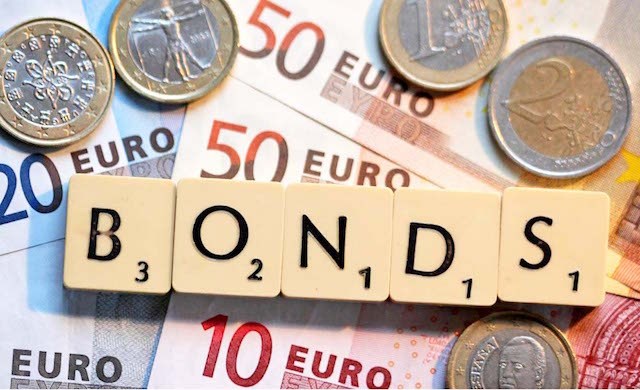In contrast, yields on Nigeria’s Eurobonds fell as foreign investors and local banks ramped up purchases. Analysts attributed this to the elevated returns offered by Nigeria’s US dollar bonds and the country’s strong repayment track record.
Despite concerns about the sustainability of elevated yields in local and international markets, Nigeria’s 10-year Eurobonds at 10.375% continue to attract investors, especially compared to the 4.3% yield on the US 10-year Treasury. While some see this disparity as a reflection of the financial challenges faced by heavily indebted African nations, it also highlights market expectations and risk pricing.
The Eurobond market saw broad buying interest across short, mid, and long-term maturities, with the average yield declining by 0.09% to 9.46%, according to Cowry Asset Limited. Significant interest was observed at the mid-to-long end of the curve, particularly for the January 2031 maturity, where yields dropped by 12bps, as noted by TrustBanc Financial Group.
Nigeria and Angola led bullish activity in the Eurobond market. Nigeria benefited from strong demand for its newly issued 6.5 and 10-year Eurobonds. Meanwhile, Angola’s performance received a boost following U.S. President Biden’s $600 million development pledge at the Global Infrastructure and Investment Summit, signaling increased international backing for its projects.
Currency Markets Hold Stead
In the foreign exchange market, the naira remained stable, closing at ₦1,672.69 per dollar in the official market, unchanged from the previous rate. In the parallel market, it ended the day at ₦1,689 per dollar.
This balanced performance reflects a steady outlook for Nigeria’s financial markets despite ongoing domestic and global challenges.













